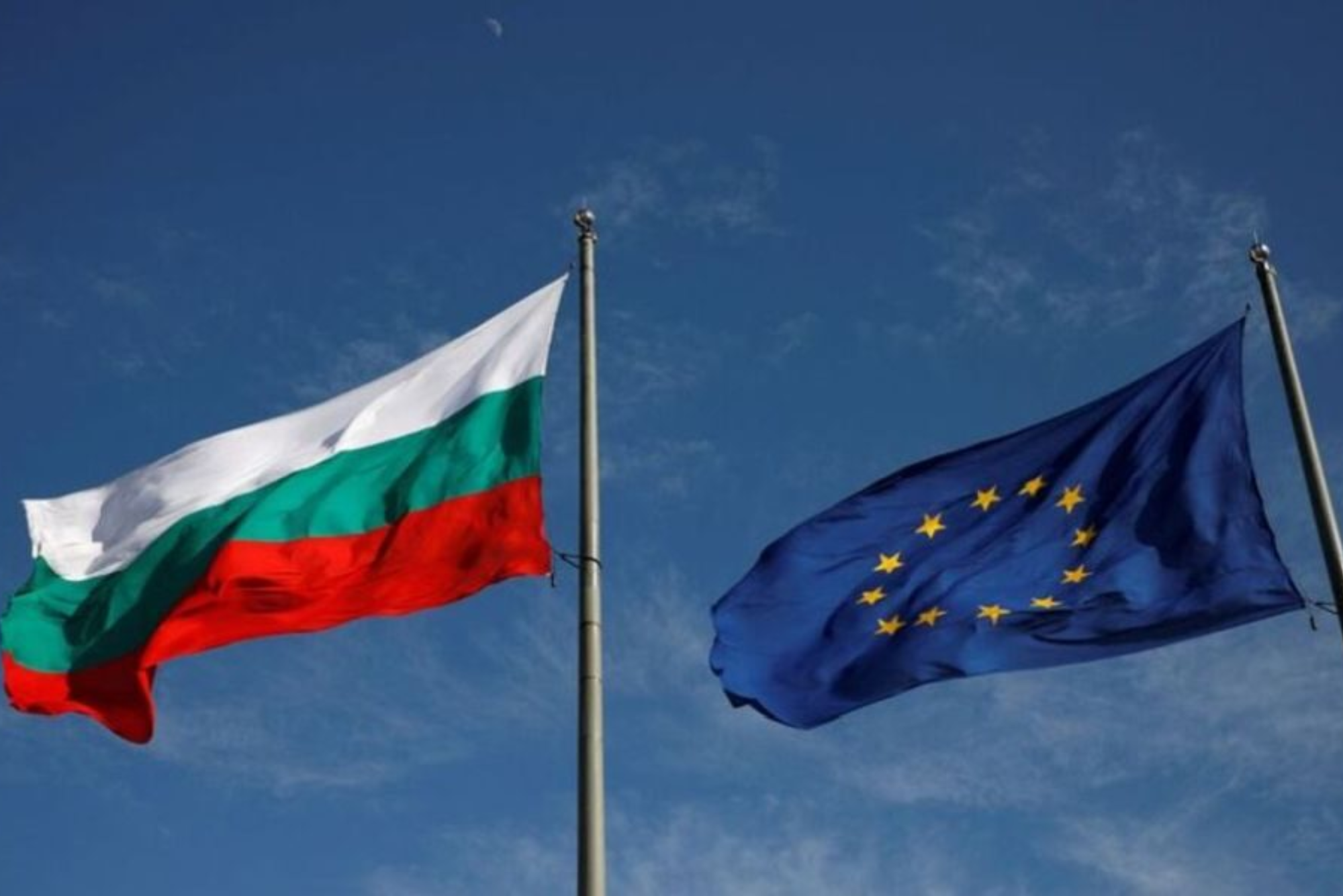Bulgaria Eurozone aspirations to join the Eurozone reflect its strategic goal of achieving economic stability and integration within the broader European Union (EU). This comprehensive analysis delves into Bulgaria’s Eurozone journey, exploring its historical context, strategic maneuvers, economic implications, challenges, and the promising opportunities it presents within the Eurozone landscape.
Unraveling Bulgaria’s Eurozone Journey: A Comprehensive Analysis
Nestled in southeastern Europe, Bulgaria’s Eurozone aspirations have evolved over time, influenced by historical, economic, and geopolitical factors. Understanding the intricacies of Bulgaria’s Eurozone journey requires a comprehensive analysis of its path to EU accession and the evolution of its Eurozone aspirations.
Historical Context: Bulgaria’s Eurozone Aspirations Over Time
Bulgaria’s journey towards Eurozone integration can be traced back to its accession to the EU in 2007. Since then, Bulgaria has expressed its desire to adopt the euro, viewing it as a crucial step towards further economic integration and stability within the EU. The evolution of Bulgaria’s Eurozone aspirations reflects its commitment to aligning its economic policies with European standards and fostering closer ties with Eurozone counterparts.
The Road to Eurozone Accession: Bulgaria’s Strategic Maneuvers
The path to Eurozone accession is marked by adherence to the Maastricht criteria, a set of economic criteria that countries must meet to adopt the euro. Bulgaria’s strategic maneuvers in meeting these criteria have involved implementing structural reforms, maintaining fiscal discipline, and ensuring exchange rate stability. Despite facing challenges, Bulgaria has remained steadfast in its pursuit of Eurozone integration, recognizing the potential benefits it offers for economic growth and stability.
Economic Implications of Eurozone Integration for Bulgaria
Integration into the Eurozone carries significant economic implications for Bulgaria. By adopting the euro, Bulgaria aims to streamline cross-border transactions, reduce currency-related risks, and enhance economic competitiveness. The adoption of the euro is expected to facilitate trade and investment, promote economic stability, and stimulate economic growth in Bulgaria.
Challenges on the Path: Assessing Bulgaria’s Eurozone Hurdles
Bulgaria’s Eurozone journey is not without challenges. Addressing structural weaknesses, navigating geopolitical uncertainties, and ensuring macroeconomic stability are among the key challenges that Bulgaria must overcome on its path to Eurozone accession. However, by addressing these challenges effectively, Bulgaria can unlock the full potential of Eurozone integration and realize its economic aspirations.
Capitalizing on Eurozone Membership: Promising Prospects for Bulgaria
Despite challenges, Eurozone membership presents promising prospects for Bulgaria’s economic development. Access to a larger market, increased financial integration, and enhanced economic stability are among the key benefits that Eurozone membership offers for Bulgaria. By capitalizing on these opportunities, Bulgaria can strengthen its economic resilience and position itself as a dynamic player within the Eurozone landscape.
The Far-Reaching Effects of Eurozone Integration on Bulgaria’s Economy
Eurozone integration is expected to have far-reaching effects on Bulgaria’s economy. By stimulating trade and investment, promoting economic stability, and fostering closer economic ties with Eurozone counterparts, Eurozone integration can drive economic growth and prosperity in Bulgaria. The adoption of the euro is expected to enhance Bulgaria’s competitiveness in the global economy and facilitate its integration into the European economic landscape.
Charting Bulgaria’s Course in the Eurozone Arena
In conclusion, Bulgaria’s Eurozone journey represents a strategic endeavor towards economic integration and stability within the EU. By navigating the challenges and capitalizing on the opportunities presented by Eurozone integration, Bulgaria can unlock its full economic potential and position itself as a dynamic and resilient player within the Eurozone landscape. As Bulgaria charts its course in the Eurozone arena, it must remain committed to implementing structural reforms, maintaining fiscal discipline, and fostering closer economic ties with Eurozone counterparts, thereby ensuring sustained economic growth and prosperity in the years to come.
In essence, Bulgaria’s quest for Eurozone integration reflects its strategic goal of achieving economic stability and prosperity within the EU. By navigating the challenges and capitalizing on the opportunities presented by Eurozone integration, Bulgaria can unlock its full economic potential and position itself as a dynamic and resilient player within the Eurozone landscape.




